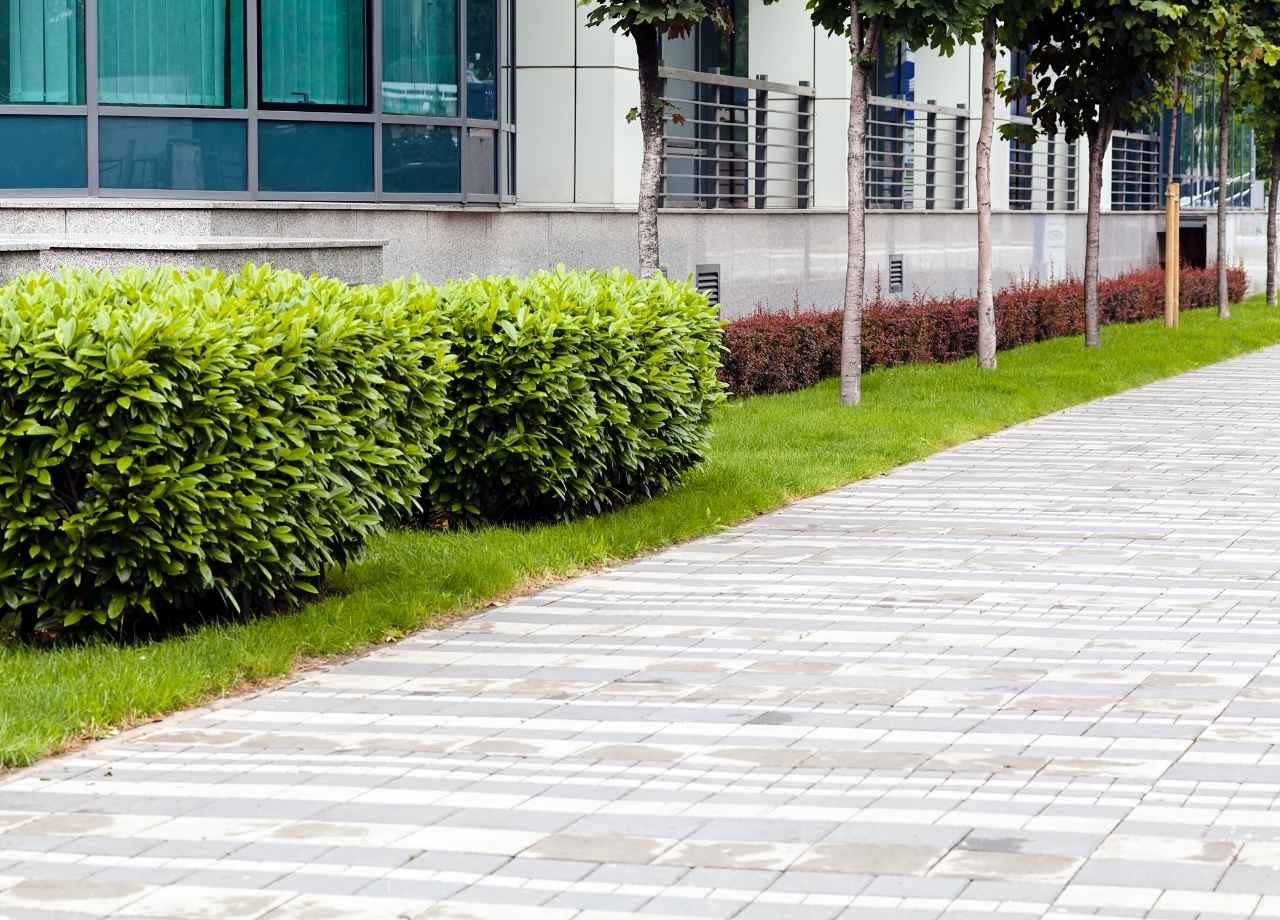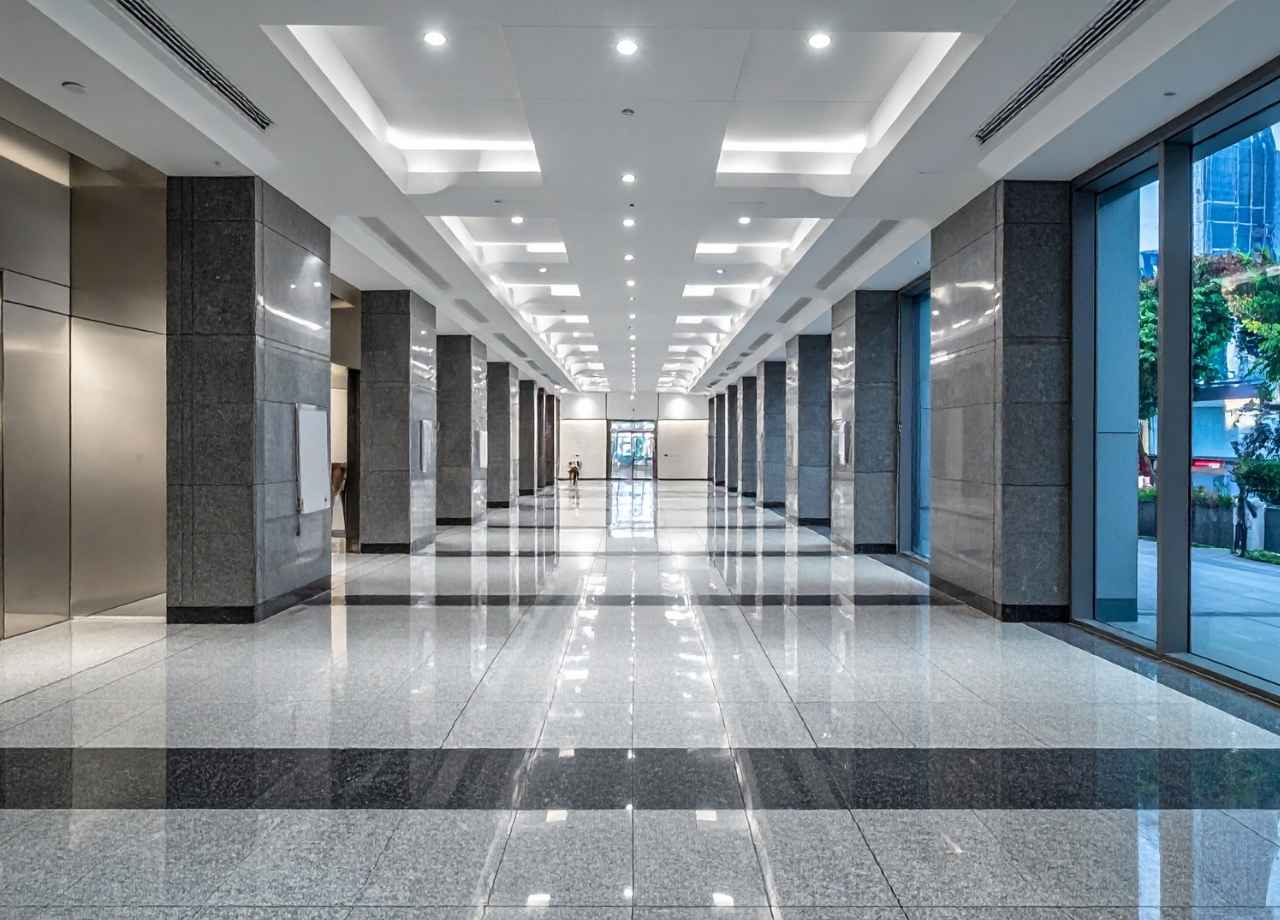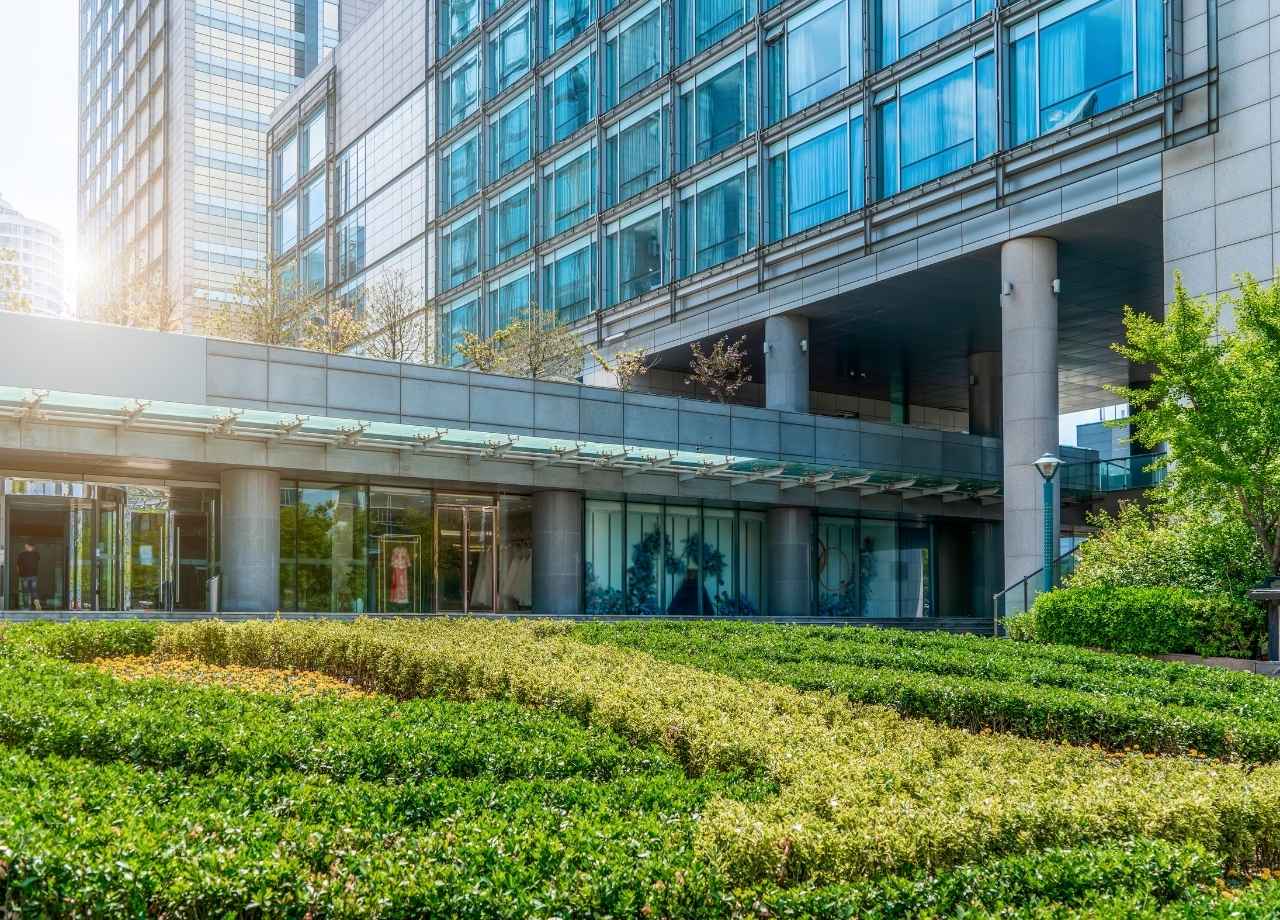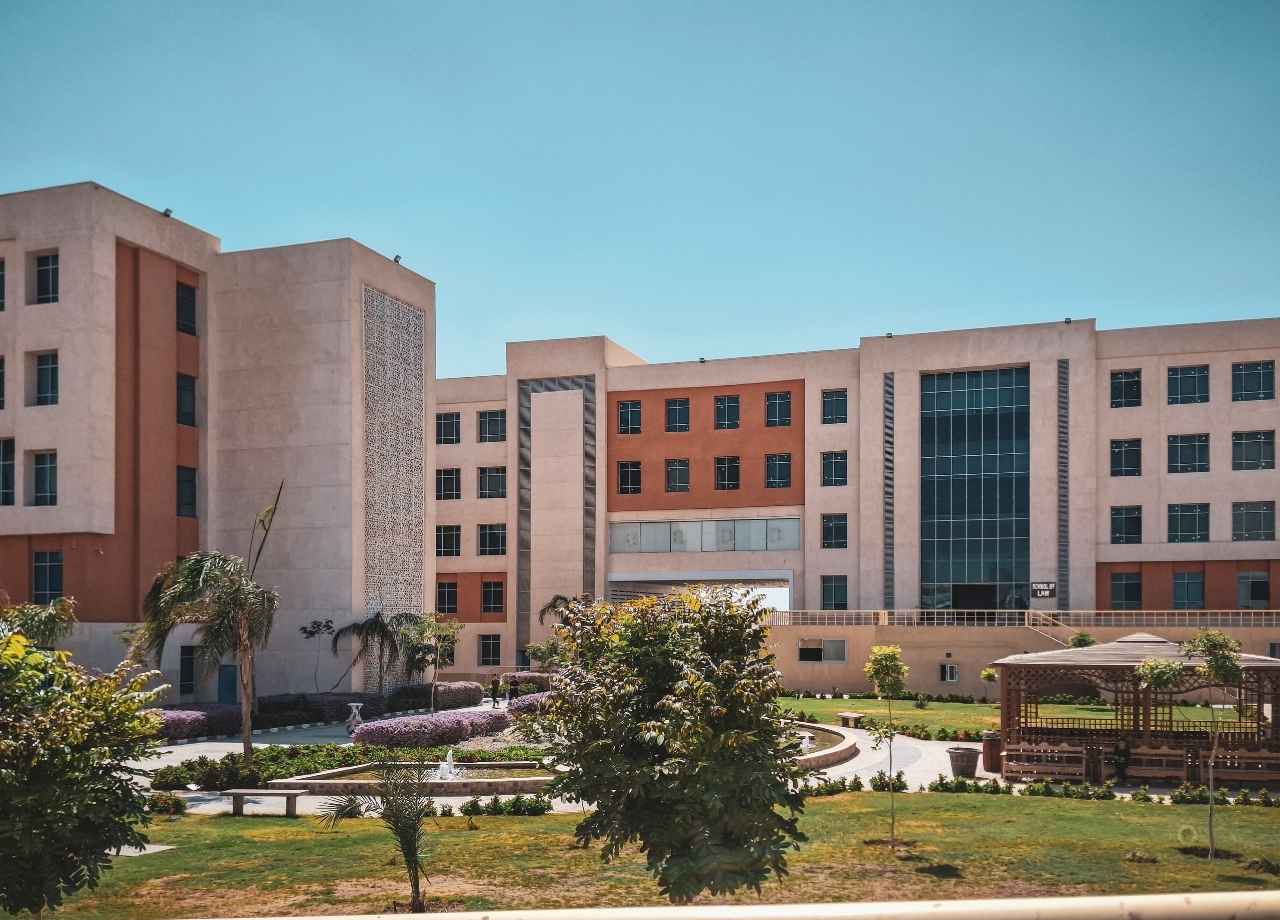What Is Roller Compacted Concrete & Comparison to Asphalt
Roller Compacted Concrete (RCC) often catches the attention of contractors and developers looking for a high-performance paving alternative. At first glance, RCC looks like any other concrete mix, but it behaves differently in application and performance. The process skips many of the traditional steps used with conventional concrete and avoids most of the challenges found with hot-mix asphalt.
Understanding the Basics of Roller Compacted Concrete (RCC)
Roller Compacted Concrete (RCC) is a zero-slump, stiff concrete mixture that’s placed using asphalt-style paving equipment and compacted with vibratory rollers. Its composition includes cement, water, and aggregates, but it uses far less water than traditional concrete. The resulting mixture is dry enough to be compacted with rollers but still hardens into a strong, durable surface.
RCC doesn’t require forms, rebar, or finishing, which cuts down on time and cost. The surface is typically textured or broom-finished for grip, and in some cases, diamond grinding is used to improve smoothness.
Where RCC Excels in Commercial Applications
RCC is especially effective in industrial, military, and commercial settings where surfaces must withstand heavy, repetitive loads. Freight terminals, container yards, intermodal facilities, and distribution centers are typical applications. The strength and rigidity of RCC make it suitable for these areas, reducing deformation under large, concentrated weights.
It handles fuel and oil spills better than asphalt, resisting damage without softening. RCC is also ideal for areas with high ambient temperatures, where hot-mix asphalt may become unstable.
Speed and Efficiency of Installation
One of RCC’s biggest advantages is fast placement. Modified asphalt pavers can place the material quickly over large areas. Since it doesn’t require steel reinforcement, formwork, or curing compounds in most applications, crews can finish a job in significantly less time compared to traditional concrete.
Compaction follows immediately after placement using standard rollers. This method results in a dense, load-bearing surface that’s ready for light traffic in just a few days.
Choosing the Right Paving Rollers for RCC Compaction
Selecting the appropriate paving rollers is a critical step in achieving the high density and durability Roller Compacted Concrete is known for. For RCC, high-amplitude, low-frequency vibratory rollers are essential as they provide the force needed to consolidate the stiff, zero-slump mixture and remove air voids. Pneumatic-tired rollers are often used in conjunction to help knead and seal the surface. It’s crucial that compaction begins immediately after placement while the mixture is still workable. The right roller, operated by an experienced crew, ensures the final pavement achieves its designed strength and resistance to heavy loads.
Asphalt’s Advantages in Flexibility and Appearance
Asphalt remains the go-to material for roadways, retail parking lots, and residential areas. It offers a smoother, more refined finish, which improves ride comfort and visual appeal. Its flexibility helps it absorb and recover from minor subgrade movements, reducing the likelihood of surface cracking.
Paving with asphalt allows for tight control over grading and surface finish. That’s why it’s preferred in applications where curb appeal, smoothness, and quiet operation are important.
Durability Comparison: RCC vs. Asphalt
When evaluating long-term performance, RCC offers greater resistance to rutting and surface deformation. Its rigid structure holds up under heavy loads with minimal maintenance. Once cured, RCC doesn’t soften in the heat or degrade as quickly from chemical exposure.
Asphalt requires more frequent upkeep. Over time, it may need sealcoating, crack filling, and periodic resurfacing to maintain function and appearance. While asphalt is more forgiving initially, RCC holds its shape longer with fewer interventions.
Thermal Performance and Heat Reflection
RCC cures to a lighter gray finish, which reflects more sunlight compared to black asphalt. This leads to cooler surface temperatures, a helpful feature in areas where pedestrian comfort and heat mitigation are priorities.

Asphalt absorbs more heat, contributing to urban heat island effects and raising surface temperatures significantly. That can make it less suitable in environments that prioritize sustainability or comfort.
Cost Considerations in Material Selection
Initial construction costs for RCC are often lower than asphalt, especially when oil prices rise. Asphalt is a petroleum-based material, so its price fluctuates with global energy markets. RCC’s mix design uses fewer additives and simpler production methods, resulting in more predictable costs.
Installation costs for RCC are reduced further by eliminating steel reinforcement, joint dowels, and forms. Crews can work faster, and fewer materials are required. That said, specialized equipment and experienced teams are critical for success.
Maintenance Requirements Over Time
RCC requires less maintenance once in service. Its rigid structure resists surface wear, and the lack of joints or sealants means fewer repair points. Surface wear can be corrected with grinding if necessary, but that’s rare with proper installation.
Asphalt requires more frequent attention. Regular sealing and occasional resurfacing extend its life, but those activities come with recurring costs. Water infiltration, UV exposure, and fuel spills accelerate deterioration in high-use areas.
Base Preparation Needs
RCC demands a well-prepared and well-compacted subgrade. Any irregularities or instability in the base can lead to surface cracking or slab shifting. Soil stabilization or geogrid reinforcement may be required in areas with poor native soils.
Asphalt offers slightly more forgiveness when base conditions are marginal. Its flexibility allows it to accommodate some movement without immediate failure. That makes it easier to install over existing or lower-quality bases in certain projects.
Surface Drainage and Water Management
Asphalt can be produced in permeable forms to allow surface water to drain through. This feature helps manage runoff and reduce surface pooling in parking lots or low-slope areas.
RCC, by contrast, is essentially impermeable. Proper surface grading and drainage infrastructure must be incorporated into the design to prevent water-related issues. Joint sealing and surface slope management play important roles in long-term performance.
Environmental Performance and Sustainability
RCC offers environmental benefits due to its lower cement content, reduced energy consumption during production, and minimal emissions during placement. It can also help projects earn credits under sustainable building programs when paired with energy-efficient site designs.
Asphalt emits more volatile organic compounds (VOCs) during placement and requires petroleum-based inputs. Recycling options do exist, but the production and placement process carries a larger environmental footprint.
Repair and Overlay Capabilities
Asphalt is easier to repair and overlay. Milling and resurfacing techniques allow contractors to extend its life without removing the full pavement layer. It integrates well with existing materials and is relatively simple to patch.
RCC doesn’t accept overlays as easily. The rigid surface may need milling or special treatments before overlaying with asphalt or concrete. That can complicate rehabilitation or phased construction efforts.
Sound and Ride Quality
Asphalt offers quieter, smoother surfaces, especially on roadways. The natural texture of RCC is rougher, and unless ground smooth, it can be noisier under vehicle traffic. This makes RCC less desirable in residential or noise-sensitive areas unless sound mitigation strategies are used.
Ride comfort also tends to favor asphalt due to its flexibility and more refined surface finish.
Choosing the Right Material for the Job
RCC fits best in heavy-duty industrial areas, logistics hubs, and other places where strength, longevity, and low maintenance are priorities. It’s built to take abuse and keep going with minimal upkeep.
Asphalt remains ideal in urban streets, shopping centers, subdivisions, and any place where appearance and ride quality matter more than extreme load-bearing capacity. It allows for faster installation and easier future repairs.
Matching Materials to Performance Goals
Every site has its unique demands. RCC works well in static-load applications like ports and warehouse yards. Asphalt suits high-traffic roads and areas needing regular utility access or aesthetic polish.
Some developers even combine both. RCC handles the heavy-use traffic lanes while asphalt is used in lighter-duty parking or drive areas. This tailored approach balances performance with budget.
National Facility Contractors helps clients navigate material selection and site demands with clarity—ensuring that each paving strategy is matched to operational needs, budget cycles, and long-term performance goals.
The best paving decision doesn’t just come down to concrete or asphalt—it comes down to understanding your priorities, your site conditions, and your tolerance for future maintenance. When durability, cost efficiency, and function all matter, choosing the right material can set your facility up for years of worry-free performance.






